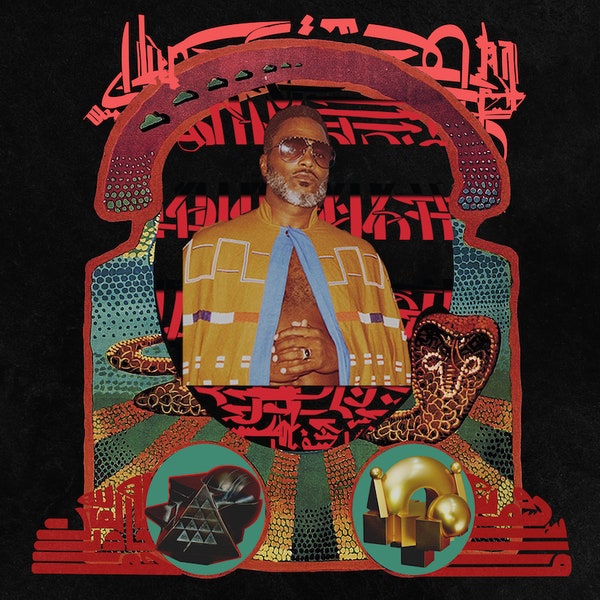
It was 1993. I slid the cassette into my Walkman and clicked it shut. My mom was running an errand, and I was waiting for her in the car, which was parked near a lumber mill in Kelowna, BC. We’d just stopped by my local record store, where I bought Reachin’ (A New Refutation of Time and Space) by Digable Planets.
You have reached your article limit
Sign up for a digital subscription and continue reading all new issues, plus our entire archives, for just $1.50/month.
Already a subscriber? Sign in




